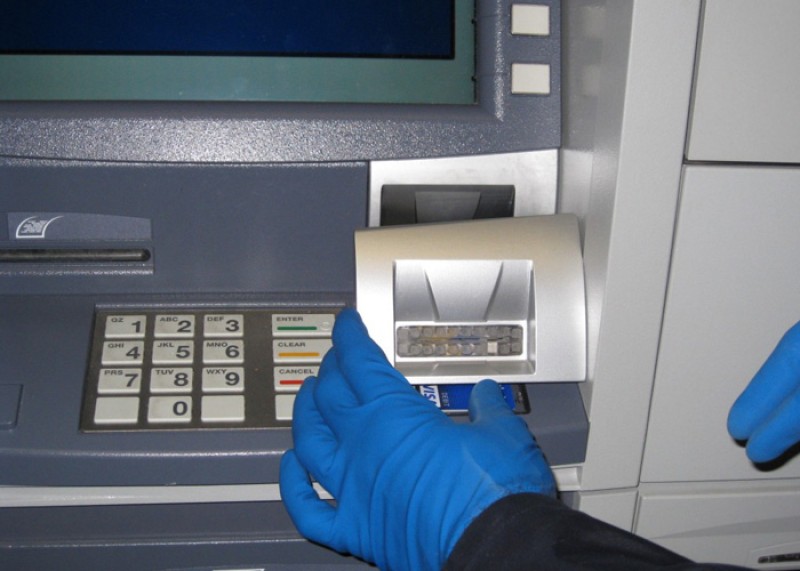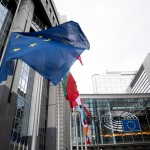From 2010 to 2014, Djevair Ametovski allegedly sold stolen information that included credit and debit card data and bank account logins on his website to those looking to make online purchases and withdraw cash from ATMs. The DOJ said that he used digital currencies and online money changes to keep the identities of the buyers and hackers secret.
He obtained and sold information on more than 181,000 different cards, and the data often had personal details that included phone numbers, billing addresses and emails. The DOJ wrote that he hid the information of his customers and the hackers by using digital currencies and online money exchangers. Personal information such as emails, phone numbers and billing addresses was also included in the stolen data.
Overall, he obtained and sold information associated with over 181,000 different cards, resulting in millions of dollars of financial loss. Charges against Ametovski included aggravated identity theft, access device fraud conspiracy, and wire fraud conspiracy, according to authorities.
US Attorney Robert L. Capers said that the extradition news should “serve as a warning to others who seek to profit from perpetuating these fraudulent schemes.”
Information provided by McAfee Labs said that the value of payment card data often depends on how it is packaged, sold and priced, and that additional information like account identification numbers and dates of birth drove the prices up. Kaspersky Lab told OCCRP that some criminals use ATMs as skimmers to steal data.
“As we have seen recently in the ATM Infector example, professional cybercriminals do not install ‘physical’ skimmers on ATMs, they make ATMs work as skimmers themselves,” Alexander Gostev, chief security expert of the Global Research and Analysis Team of Kaspersky Lab told OCCRP. “These attacks are difficult to track down."
Banks will sometimes buy back stolen data to figure out the source of a breach, but the amount of useful information often varies due to precautionary measures by criminals, American Banker reported.






